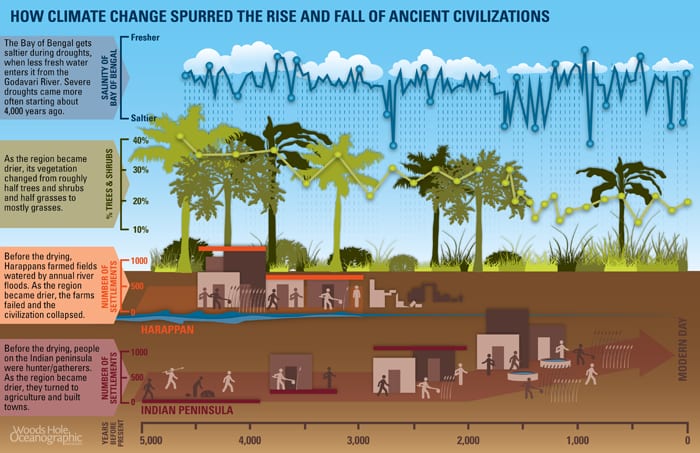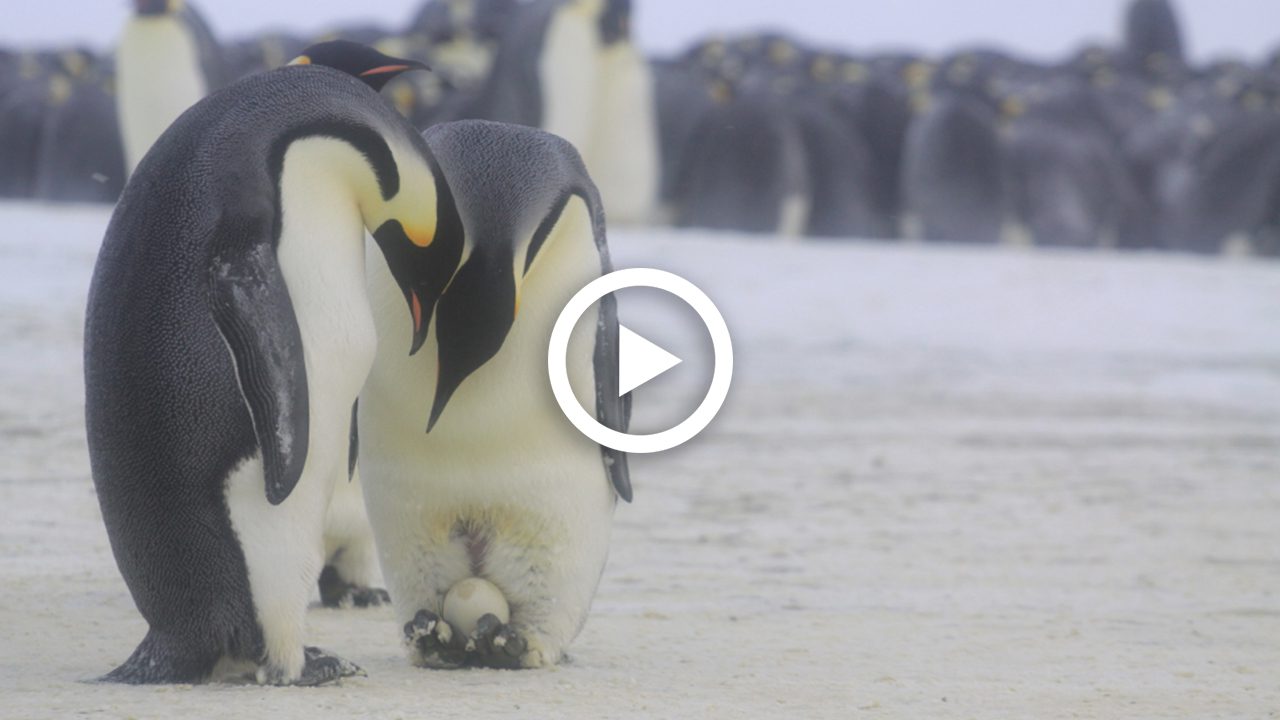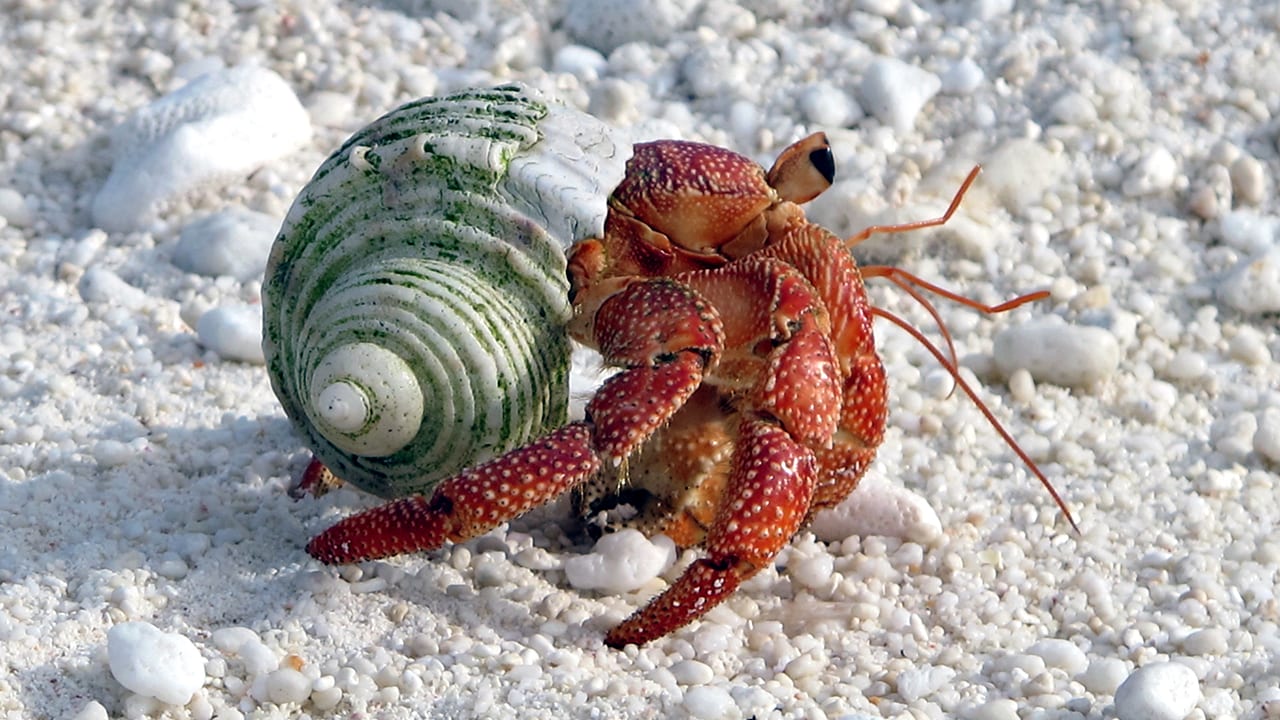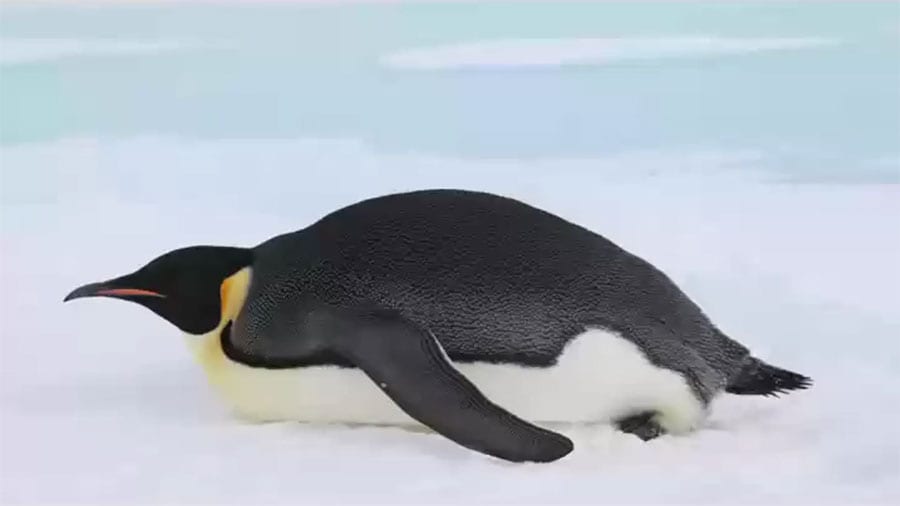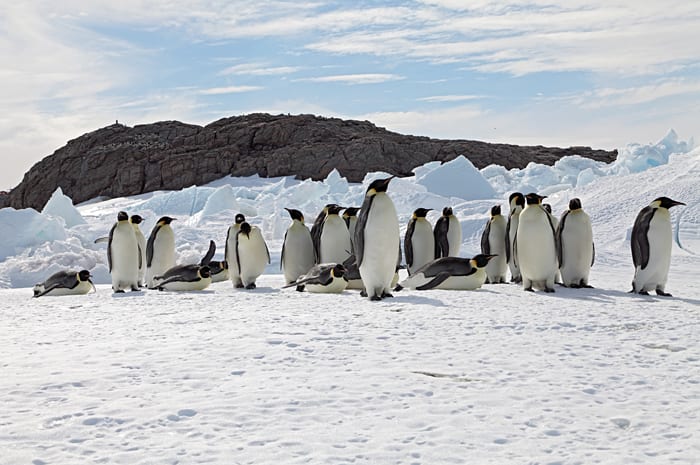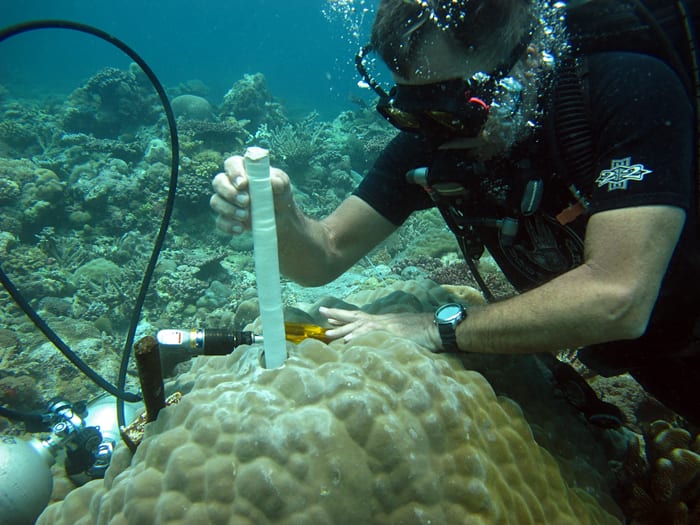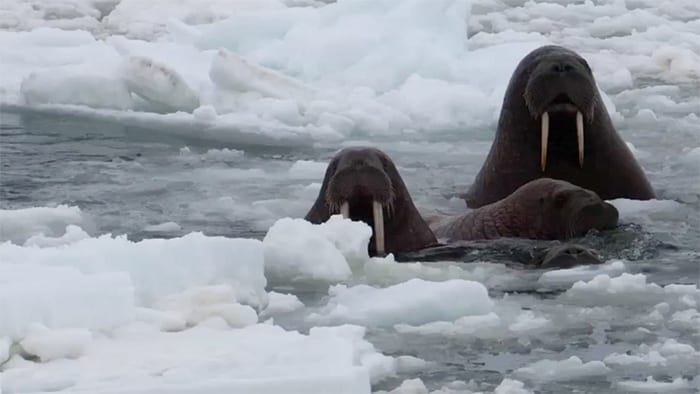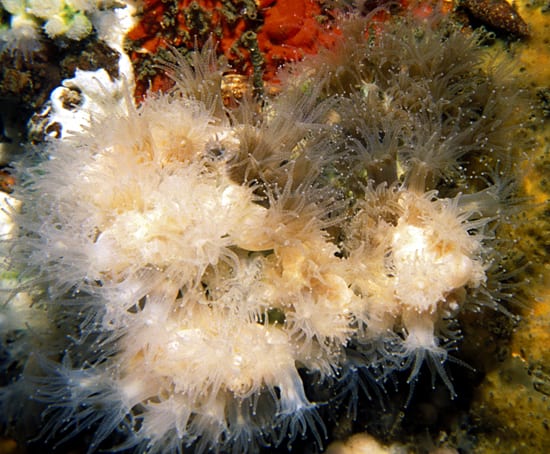Multimedia Items
“How Climate Change Spurred the Rise and Fall of Ancient Civilizations”
Climate change particularly changes in the monsoonprompted dramatic changes in how the peoples of ancient India lived. WHOI geologist Liviu Giosan, MIT-WHOI Joint Program student Camilo Ponton, and colleagues gathered…
Read MoreWhy are emperor penguins an indicator of climate change?
U.S. Fish & Wildlife Service announced a proposal to list the emperor penguin as threatened under the Endangered Species Act (ESA), based on evidence that the animal’s sea ice habitat is shrinking and is likely to continue to do so over the next several decades. Research from penguin scientists is key to informing policy around much-needed protections for the emperor penguin. Woods Hole Oceanographic Institution’s additional collaborative research efforts suggest how conservation actions can help to increase species’ resilience to climate stress, including protecting habitat, increasing habitat connectivity, and reducing non-climate stressors, such as overfishing and ocean pollution.
Read MoreFrom Corals to Climate Change
WHOI paleoclimatologist Konrad Hughen snapped this photo of a hermit crab during a 2015 expedition to the Chagos Archipelago in the Indian Ocean. Hughen studies climate change by looking at…
Read MoreCores for Climate Change
Summer Student Fellow Yuxin Zhou, working with WHOI geologist Delia Oppo and physical oceanographer Jake Gebbie, cuts off sections of a multi-core taken from the research vessel Endeavor in spring of 2014…
Read MoreClimate Change Chemist
In 2013, Summer Student Fellow Alterra Sanchez calibrated and tested low-cost commercial sensors in a local marsh to evaluate their accuracy. Back in the lab of marine chemist Zhaohui ‘Aleck’…
Read MoreCulture and Climate Change
Climate change—particularly changes in the monsoon—prompted dramatic changes in how the peoples of ancient India lived. WHOI geologist Liviu Giosan, MIT/WHOI Joint Program student Camilo Ponton, and colleagues gathered evidence…
Read MoreEmperor Penguins and Climate Change
By Cherie Winner :: Originally published online August 12, 2014
Read MoreEmperor Penguins & Climate Change
At nearly four feet tall, the emperor penguin is Antarctica’s largest sea bird—and one of the continent’s most iconic animals. Unlike other sea birds, emperor penguins breed and raise their…
Read MoreScoping Out Corals and Climate Change
WHOI scientist Pat Lohmann removes a core drilled from a living coral during a recent field expedition to Palau, a remote coral reef archipelago in the far western Pacific. The…
Read MoreLife in the Arctic…After Climate Change
By Christopher Linder, Lonny Lippsett :: Originally published online November 24, 2009
Read MoreCoral clues to climate change
The Northern Star Coral, or Astrangia poculata, seen here with polyps extended, is a unique cold water coral that occurs in Woods Hole, MA, with (brown) and without (white) symbiotic…
Read MoreWill Climate Change Affect the Greenland Ice Sheet?
By Amy Nevala :: Originally published online March 4, 2009
Read More
